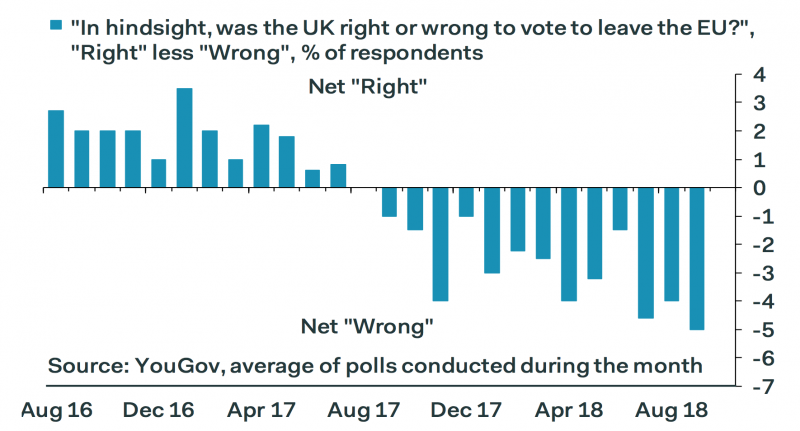GhostofCain
Ancient Mariner
There's always the double nationality option, although... always. Not in every country I guess.
Not for the Dutch, if I am not mistaken.
There's always the double nationality option, although... always. Not in every country I guess.
There are some exceptions. It depends on agreements between countries. E.g. if a foreigner marries someone from the Netherlands, and becomes a Dutch citizen, then the old nationality can be kept.

Being in a country for one year does not make you a permanent resident.
Germany allows dual citizenship with other EU countries, but not with countries outside the EU (with some exceptions).
Not entirely true. It depends on the other country as well.But if a Dutch wants to get dual nationality it is not possible, is it? At least that is what my Dutch colleague at work says.
Germany allows dual citizenship with other EU countries, but not with countries outside the EU (with some exceptions).
From an article from 2014:I didn't even know there were limitations. I know Iranians and Turks can have dual citizenship.
Not entirely true. It depends on the other country as well.
The following is for Dutch => British nationality:
You lose Dutch nationality, but here are the exceptions:
1. You are born in the UK. And there is your main residence when you get the British nationality.
2. Before you became adult, you've had your main residence in the UK, for 5 uninterrupted years or longer.
3. I'm not sure if I translate (or understand) this one well but here goes: If your husband, wife or registered partner already has British nationality, and you go for that as well.
A minor (non adult) who becomes Brit, does not lose Dutch nationality as long as one of the parents is Dutch.
I didn't even know there were limitations. I know Iranians and Turks can have dual citizenship.
You would be allowed to vote in the EU elections (to elect Members of the European parliament), but not in the Swedish elections (i.e. you would not have a say on who is elected in Sweden, even though you are resident in that country and paying taxes there). Effectively, you are a second class citizen, good enough to work and pay taxes but not to vote.
In the UK up until I became a citizen I could vote in local elections and European elections, but not the the UK national elections.


The polls disagree.
I actually think that most polls are reliable, but polls are only reliable when built on existing data. A referendum to leave the EU was never done before in the UK, so it makes polling difficult. Polling tends to be a fairly exact science when done with lots of skill and with lots of background processes available. It's very interesting.At the end of the day, a poll represents a tiny sample, and that is why they have been proved not to be too reliable in the past.
Good to know you do not take this development very seriously.
